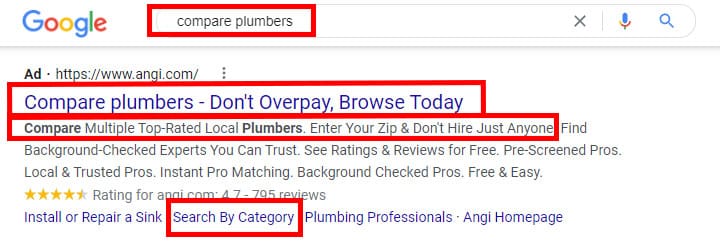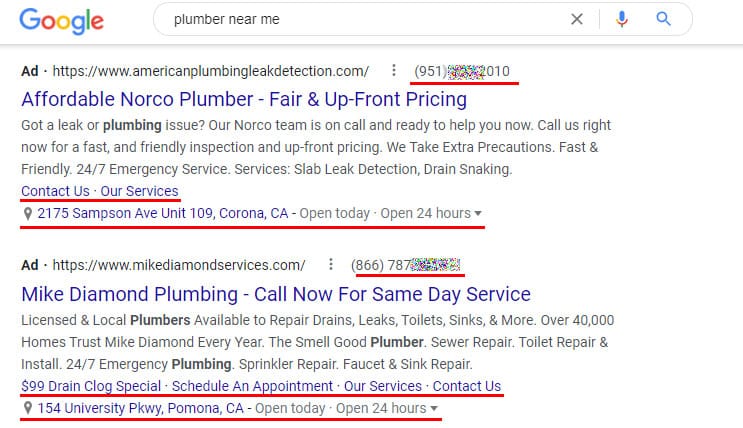Share This
Top 7 Tips for Launching a Winning Google Ads Campaign

If you’re ready to take your business to new heights, Google ads should be on your radar. As long as you launch your campaign strategically, you’ll be able to hyper-target your audience. This can build brand awareness and convert users faster than you’d be able to with search engine optimization.
No matter your industry or how long you’ve been around, Google ads have the power to improve your digital marketing efforts and complement your other marketing channels. So how can you ensure your Google ads campaign meets (or exceeds) your goals? Keep reading to find out.
1. Allow automation to work for you
Smart Bidding uses machine learning and data from your campaign and users to optimize your ad campaigns in real time. Responsive Search Ads (RSA) can allow you to create multiple headlines and descriptions that are tested over time. With these features, you can automate your Google ads campaign and give yourself more time to focus on other aspects of your marketing strategy.
2. Organize your account structure
If you set up your account properly from the get-go, you’ll increase your chances of success. To do so, think about your budget and where you want your ads to show geographically. Also, do some research to determine the ideal ad messages and keywords. It’s much more challenging to reorganize your account structure than to organize it correctly initially.
3. Make Your Landing Page Relevant
The rule of thumb is to create one relevant landing page per ad group. When you design each landing page, ensure it includes powerful headlines, clear, concise copy, high-quality images, and a strong call to action. Be sure to keep your user’s intentions in mind and address them clearly in your copy and design.
4. Set Up Negative Keywords
Negative keywords are used to prevent your ad from appearing when someone performs an irrelevant Google search. If you add them continually, you’ll allow your business to reach the ideal audience while saving money on clicks that won’t convert. Keep in mind that negative keywords are just as important as general keywords.
5. Avoid broad keywords
Broad match keywords are the default setting. With broad-match, ads can appear in searches related to the meaning of your keyword, even if they don’t contain the keyword itself. While broad match keywords are the cheapest, they often lead to poor click-through rates and conversions. Instead, opt for phrase match and exact match instead.
6. Ensure Your Ads Focus on the Searcher’s Intent

Before you write your ad copy, think about the user’s search intent. Maybe they’re ready to make a purchase right away. Or perhaps they’re not quite ready to make a purchase or are still in the initial research phase. If your user needs more nurturing, your ad copy should meet their needs. On the flip side, if they’re ready to take action, your copy should tell them how to.
7. Enable Ad Extensions

Ad extensions are some of the most underutilized Google Ads features. There are different types of extensions, including location extensions, call extensions, sitelink extensions, price extensions, review extensions, and callout extensions. You can think of them as additional pieces of information that will make your ad more valuable and compelling. By enabling ad extensions, you’ll be able to increase click-through rates and convert more users.
Achieve Your Marketing Goals with Google Ads
A powerful Google ads campaign is essential if you’d like to succeed in today’s increasingly competitive marketplace. Once you take advantage of the tips listed above, you will see great results. Best of luck!